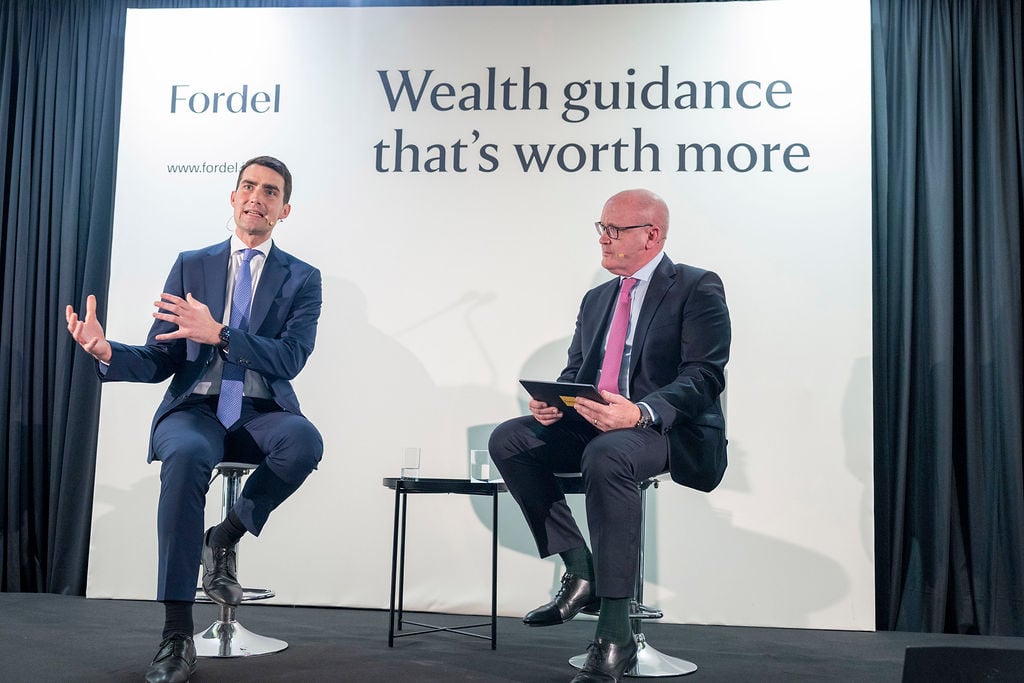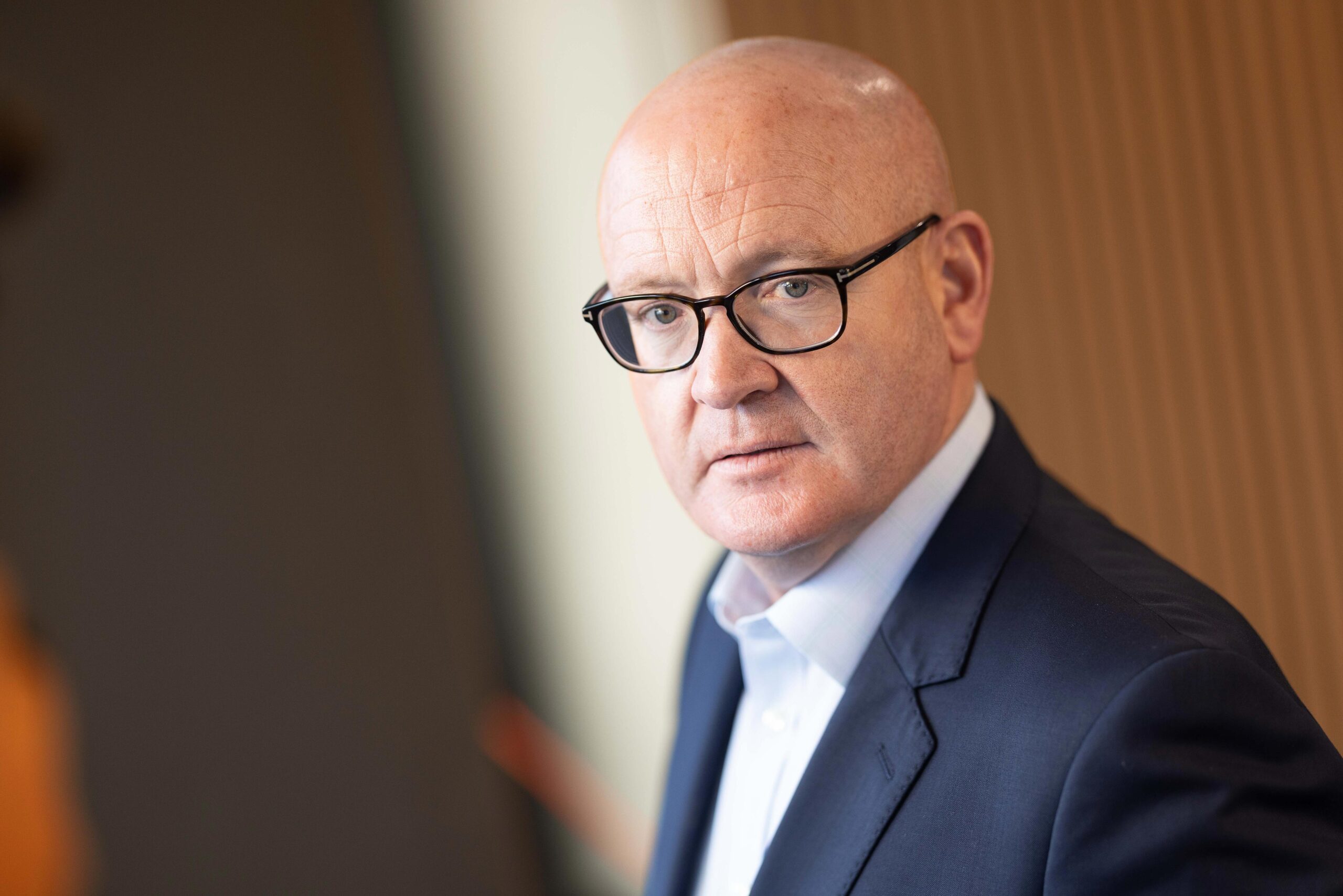Fordel’s CIO, Oliver Moloney and Caoimhe Lane, Investment Analyst share their views.
It is a common view that Ireland, over the past decade, has become an increasingly wealthy nation, both in absolute terms and relative to many of our European neighbours. Ireland has benefitted historically from being a lower-tax jurisdiction, attracting significant overseas investment from multinational companies looking for a base in Europe.
As a well-educated and business-friendly country, Ireland has been well placed to take advantage of many of the global trends of the past decade. Ireland now has a significant presence in major industries such as technology, pharmaceuticals, fund services, finance, and aircraft leasing, to name but a few.
These tailwinds have contributed to significant economic progress, which has filtered through to Irish citizens in the form of improved employment, business opportunities, and general asset growth.
The main goal of this report is to give an up-to-date and objective view of wealth in Ireland. We aim to provide some context and answer the following questions:
- How is wealth made up in Ireland?
- How do we compare to other countries?
- Who controls the wealth in Ireland?
- How has this changed over time?
- What have been the main drivers of growth?
- What are the headwinds and potential trends in the future of Irish wealth?
While we began researching and writing this report before “Liberation Day”, recent events have highlighted just how sensitive economic progress can be. Ireland, as a relatively small open economy, is heavily reliant on foreign direct investment—in particular, US multinationals—for employment and tax income. The current move away from globalisation has the potential to act as a significant headwind to continued wealth generation in Ireland.
We hope this report acts as a practical and informative guide to the current state of wealth in Ireland. We also provide some key takeaways on what we believe are important factors to consider going forward.
Read more




